Women MPs in reserved seats: How empowered are they really?
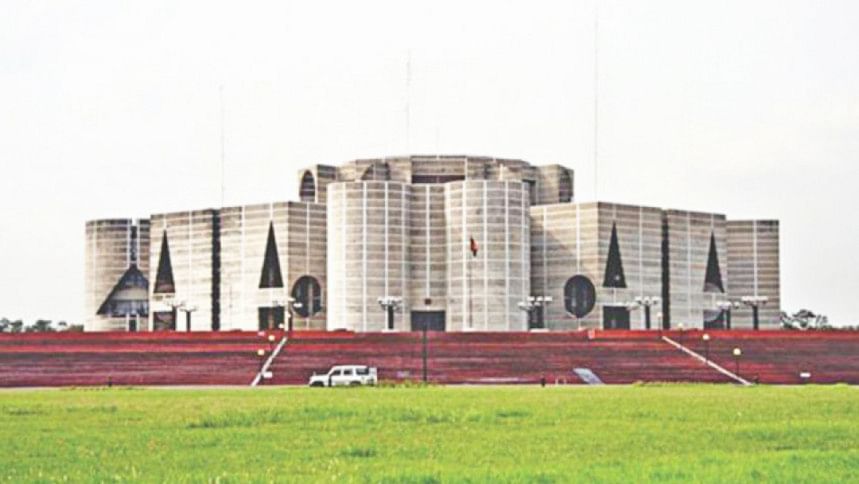
Fifty-two years ago, a provision was included in the constitution to reserve seats for women in parliament for a greater representation of women in the legislative body.
It began with 15 seats in Bangladesh's first parliament in 1972. Since then, the number increased several times and now stands at 50.
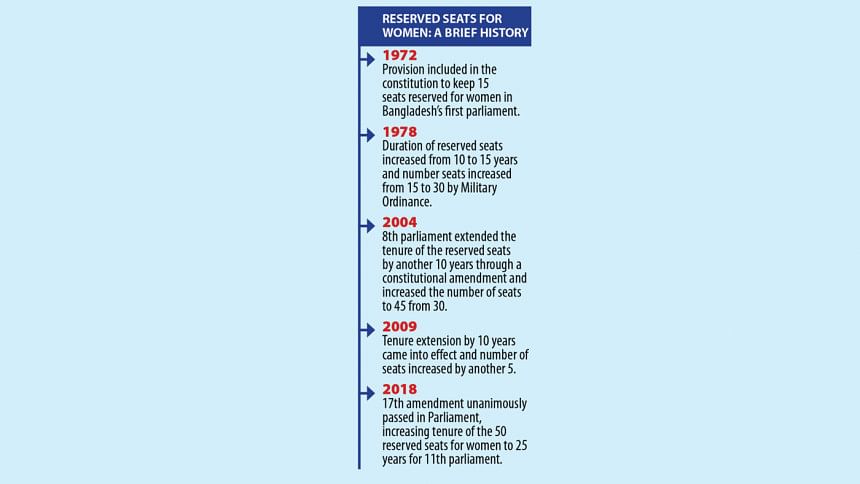
The distribution of reserved seats is arranged in proportion to the number of seats a party gets in parliamentary polls. Thus, the ruling party mainly benefits from it.
However, political analysts, constitution experts and women's rights leaders are skeptical about how much this provision has achieved so far in terms of political empowerment of women.
While eligibility and political commitment should be the primary criteria to be nominated for the reserved seats, unless those elected are given proper authority and the opportunity to share the responsibilities of a constituency, it will be impossible for them to prove their mettle, they said.
"In many official events, people asked me why I was there, which was so humiliating for me … I didn't get any cooperation from the local administration either due to my 'reserved seat' status. However, after being elected in a general seat, I don't face such problems anymore."
They added that direct elections for reserved seats would significantly empower women politically.
Moreover, they believe political parties must nominate more women for general seats in parliament.
They said becoming a reserved seat MP has now been reduced to a family affair with many top leaders bringing their relatives to parliament through this process.
Nominations are more like rewarding certain individuals for loyalty to or relationship with an influential politician, they added.
Women MPs, in fact, do not have any constituency and are not given authority or any responsibility to be effective political leaders.
Speaking to this correspondent, several reserved seat MPs said they not only faced obstacles but also humiliation. They could not carry out any activities in their localities due to rival general seat MPs who, they said, have all the power.
Amatul Kibria Keya Chowdhury, an independent lawmaker from Habiganj-1, who was a reserved seat MP in the 10th Sangsad, says, "It was challenging for me to work as a reserved seat MP, as we didn't have any constituency. Officially, all of Bangladesh was my area.
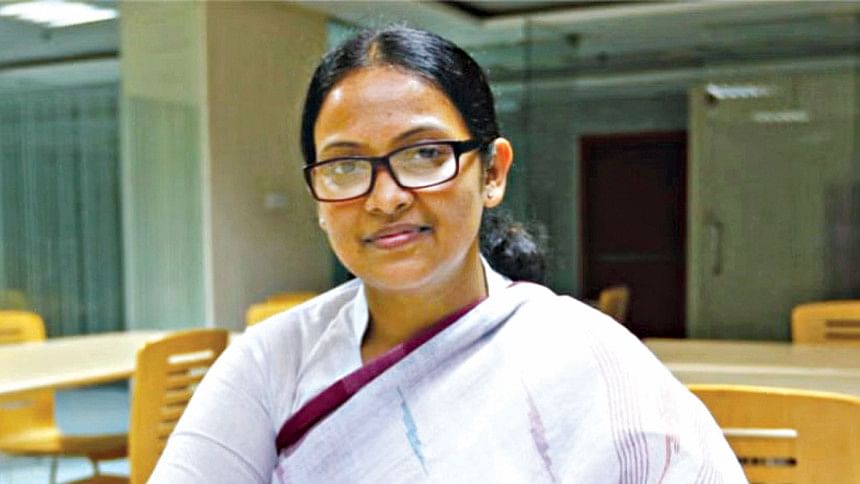
"We were actually MPs only in name as we weren't given any specific responsibilities."
Keya recalled attending many political programmes as a reserved seat MP where she was not even given a chair to sit on.
"Even if there was a chair for me, others occupied it because I was 'just a reserved seat MP'.
"In many official events, people asked me why I was there, which was so humiliating for me … I didn't get any cooperation from the local administration either due to my 'reserved seat' status. However, after being elected in a general seat, I don't face such problems anymore."
In the most recent election on January 7, only 20 women were elected from a total of 300 general seats. In the 11th parliament, the number was 22.
As a matter of fact, in the last four parliamentary polls, the number of women in general seats was limited between 18 and 22.
In the current parliament, of the 50 reserved seats for women, the ruling Awami League got 48 and the opposition Jatiya Party two.
Three of the 48 from AL were ministers or MPs in general seats in the previous parliament.
As they could not win the general seats in the January 7 polls despite being nominated by the party, they were later nominated for the reserved seats.
The case was similar for the two women JP MPs in the current parliament's reserved seats.
Women's rights activists have expressed their frustration about the failure to include most of the reserved seat MPs in the mainstream politics or leadership.
Shireen Huq, founding member of Naripokkho and a prominent women's rights leader, said the demand for direct elections for women's reserved seats was made by the women's movement in Bangladesh for long.
"The current arrangement of nominations [for reserved seats] by political parties ensure that the women MPs have their allegiance, first and foremost, to the party."
She explained how the original idea of reserved seats for women was to ensure female representation in parliament and their participation in the important task of lawmaking.
"Secondly, it was to advance the cause of women and women empowerment at a national level."
She added, "Unfortunately, women MPs in the reserved seats have by and large failed to fulfil that expectation."
Constitution expert Shahdeen Malik said reserved seats for women in parliament was introduced in 1972 under a certain context, which was logical and befitting at that time.
The relevance of reserved seats, however, has gradually decreased, he believes.
"In order to increase the empowerment of women, it's now necessary to increase the nomination of women in general seats."
Prof Tofail Ahmed, political analyst and a local government expert, said, "Family identity has now become the biggest criteria for getting nominated in the reserved seat in our country. It's difficult to get a nomination if you aren't a relative, wife or daughter of a big leader."
He too thinks there is no need for the reserved seats for women in the current context.
Prof Tofail further said, "The women who are coming in the quota system aren't politicians in the real sense. Eligible women are not nominated anymore … I don't think it's necessary to nominate MPs just for them to enjoy some benefits and privileges."
The ruling AL, however, insists no one is being unduly favoured through the reserved women's seats, and that merit and political background of the nominees are considered in this regard.
AL Presidium Member Abdur Razzaque said women still face many issues contesting in direct elections.
"That's why we think that this system [of reserved seats] should exist for some more years," he said, adding, "However, we should become more careful so that more eligible women with strong political backgrounds are nominate for the seat."
AL Joint General Secretary Mahbubul Alam Hanif says, "Awami League has given the utmost importance to political commitment by giving nominations for the women's reserved seats."
Speaking to The Daily Star, Nurun Nahar Begum, a JP lawmaker elected in the reserved seat, said most reserved seat MPs face discrimination while trying to discharge their duties as lawmakers.
"We are not given any fund allocation to discharge our duties, like those in general seats get. We feel ashamed when people of our areas come to ask for various kind of government assistance. Not having our own constituencies is a big obstacle."
Shireen Huq said, "Our demand now is that political parties nominate greater numbers of women in their electoral list, so that a certain number of women are nominated to contest directly in the national election.
"The Election Commission has an important role to play in ensuring that greater numbers of women are able to enter parliament and play effective roles in lawmaking, law reforms and law enforcement."
Dr Fauzia Moslem, president of Bangladesh Mahila Parishad, echoed the sentiment.
"Those who are nominated for the reserved seats are mostly representatives of their respective parties. That's why they talk more about issues related to their parties instead of focusing on women's rights issues.
"We don't want the scrapping of the provision for reserved seats for women. What we demand is direct election in those seats."

 For all latest news, follow The Daily Star's Google News channel.
For all latest news, follow The Daily Star's Google News channel. 

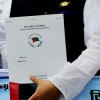

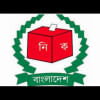


Comments